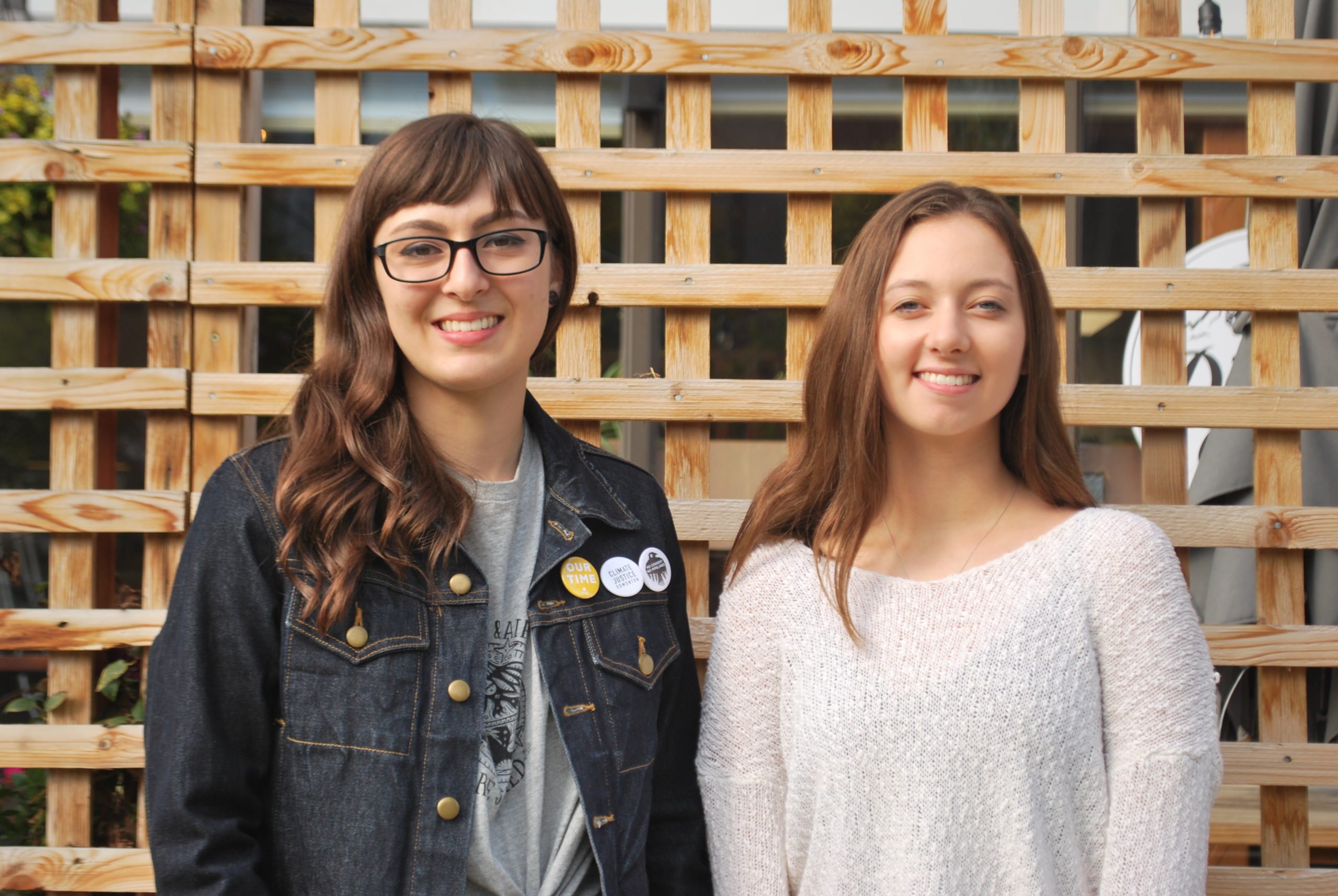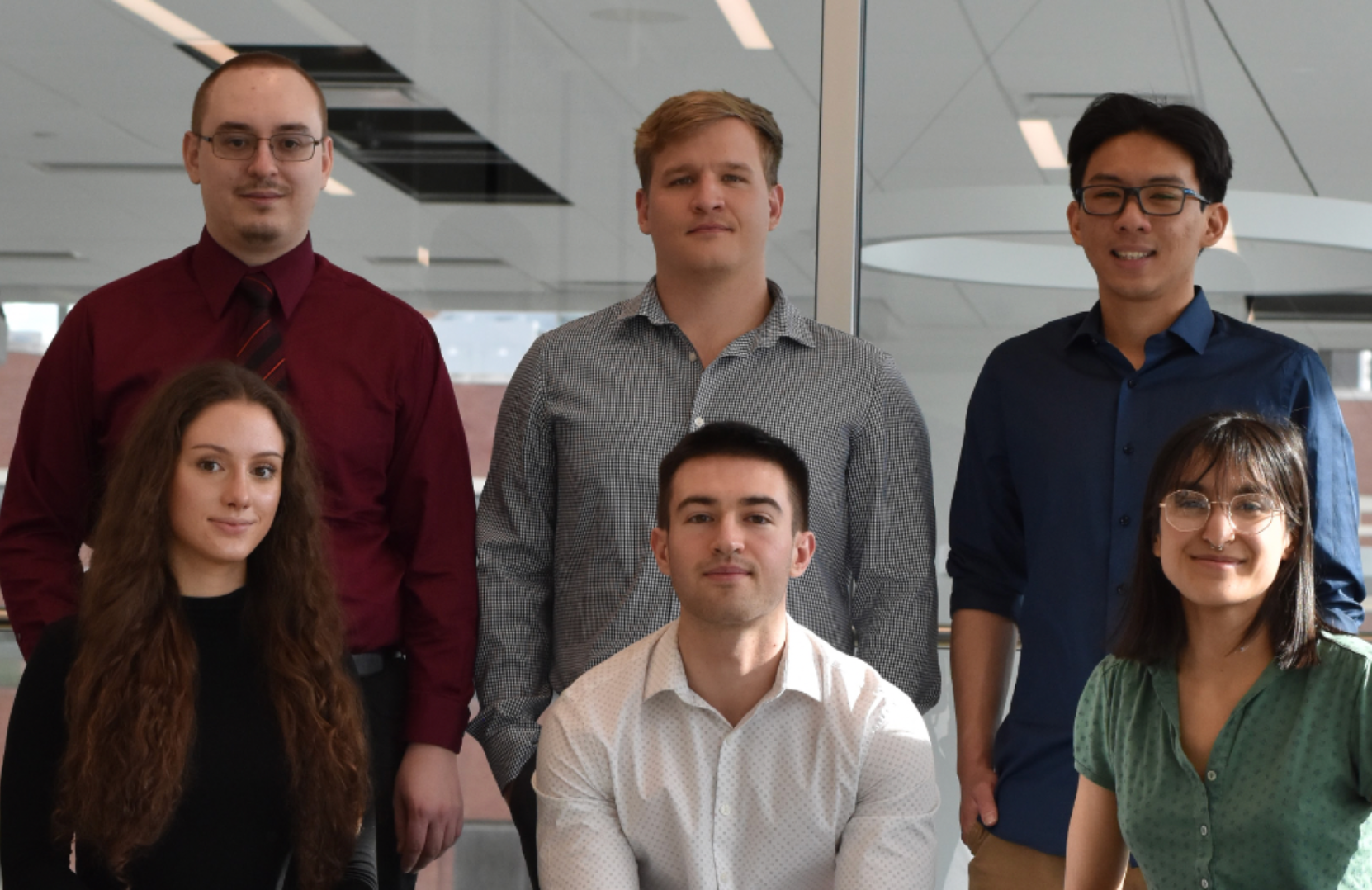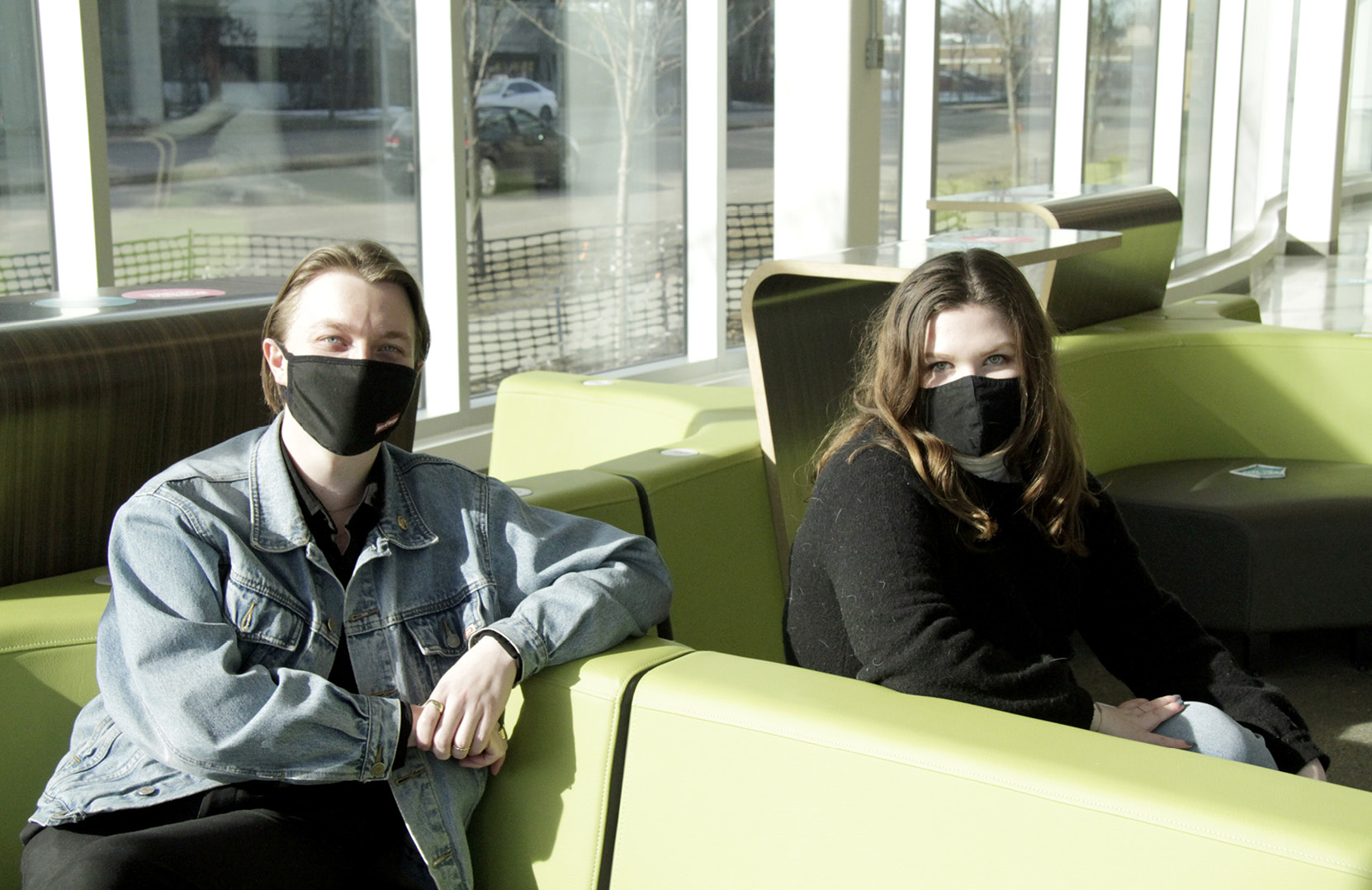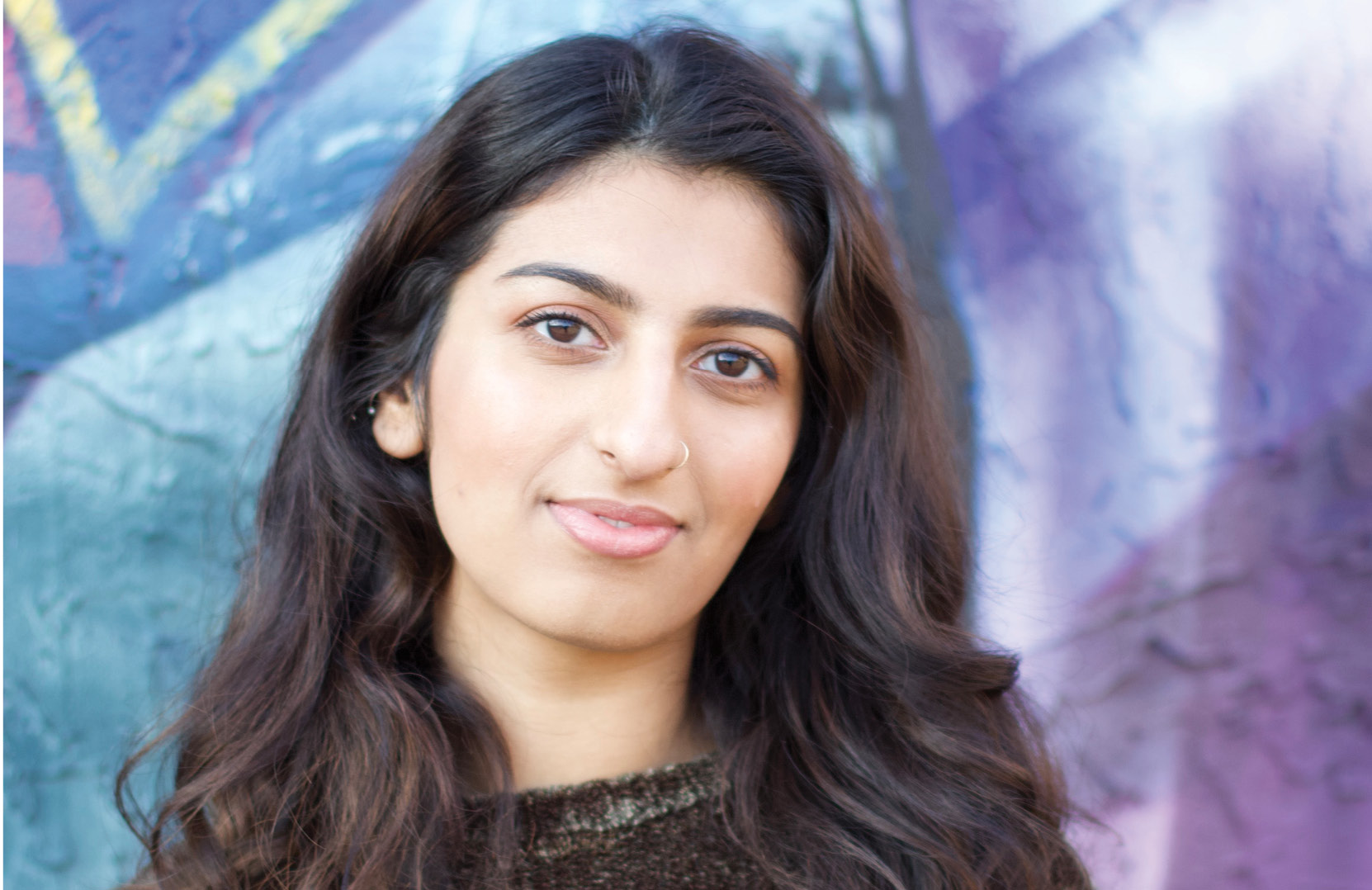What are your roles within the student group?
Celina Vipond: Not everyone has super-defined roles yet, because this is actually our first running semester, but basically my job is to give direction to the club, and I have a lot of community networking connections with climate groups in the city, so I’m wanting to provide a link for members to be able to interact with those.
Haylee Hatton: As the vice-president, I’m mostly here to help Celina. I make sure everything is running smoothly.
What does the term “climate justice” entail?
CV: The main thing we want is to advocate taking concrete action to decrease greenhouse gas emissions and mitigate the losses from climate change-related disaster. We want to focus not only on climate but on the word ‘justice’. We firmly believe that the environmental movement should incorporate things like decolonization efforts and indigenous rights, migrant rights, worker’s rights, queer liberation — basically all forms of human rights, because we think the climate crisis is very much rooted in more general forms of oppression and exploitation.
What made you want to start this group?
CV: I was organizing a town hall this summer with Climate Justice Edmonton — it was my first time organizing an event as part of a community activist group, and we had over 250 people show up. It really hit home that if we provide people with a way to engage, they will.
HH: When Celina came to me with the idea, immediately I was like “heck yeah, I’m in.” I’ve always had an interest in animals, and watching all these documentaries like Planet Earth got me looking at the world — hurricanes, the Amazon burning — and I don’t want to live in a world where this is happening but didn’t know what I could do about it, so I joined. Hopefully I can gain more knowledge for myself and then pass that on to other students.
CV: I also think it’s such a crucial time because if we don’t start making the necessary changes now towards transitioning to a net-zero carbon economy, we are going to not only suffer — because Canada is warming twice as fast as the rest of the world — but we’re going to be left behind economically as well. We have the opportunity now to begin investing in and become a part of the new, renewable energy system.
Who should join?
HH: Anyone who knows about climate change, even if they’ve just read about it in the news. Whether they have questions or they’re just passionate about the subject, anyone is more than welcome.
What is the role of student organizations in the environmental movement?
HH: It’s about getting people together. If we get everyone — who may be confused about how they can help — together and talking about these issues, it just shows people that these things are important and what we care about. What I want this club to do is get as many people as possible to understand that they can be the change if all of us stand together.
CV: Hopefully our group can give people a little bit of direction who are wondering how and in what capacity they can help out, especially students with their busy schedules. It would help to have one space where they can have all their questions answered and just figure out how they can contribute to the movement.
What do you do week to week?
CV: We’re going to have regular meetings every two weeks, and much of it is going to be event planning. We’re hoping to have one to two events every month. Right now we’re working on doing some training with Our Time, which is a movement that focuses on using the youth bloc — all the youth that are eligible to vote — and getting them politically aware and active, because the upcoming federal election is going to be very important for environmental issues.
Do you have plans for any other events or initiatives?
CV: We’re in the planning stages of a decolonization workshop in conjunction with University of Alberta students.
HH: I also want to try and get students involved with the sustainability office here on campus and do some workshops — maybe some beekeeping, teach people how to grow their own vegetables, buy locally, eat healthier, maybe try to get meat out of their diets.





0 Comments